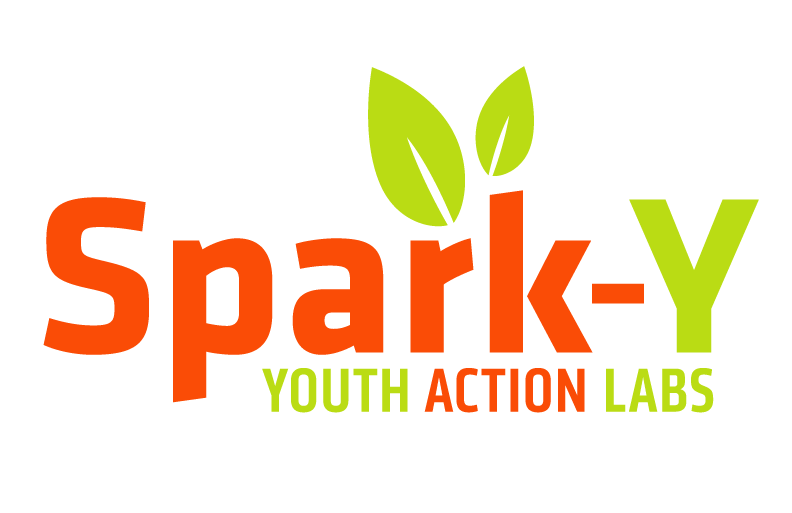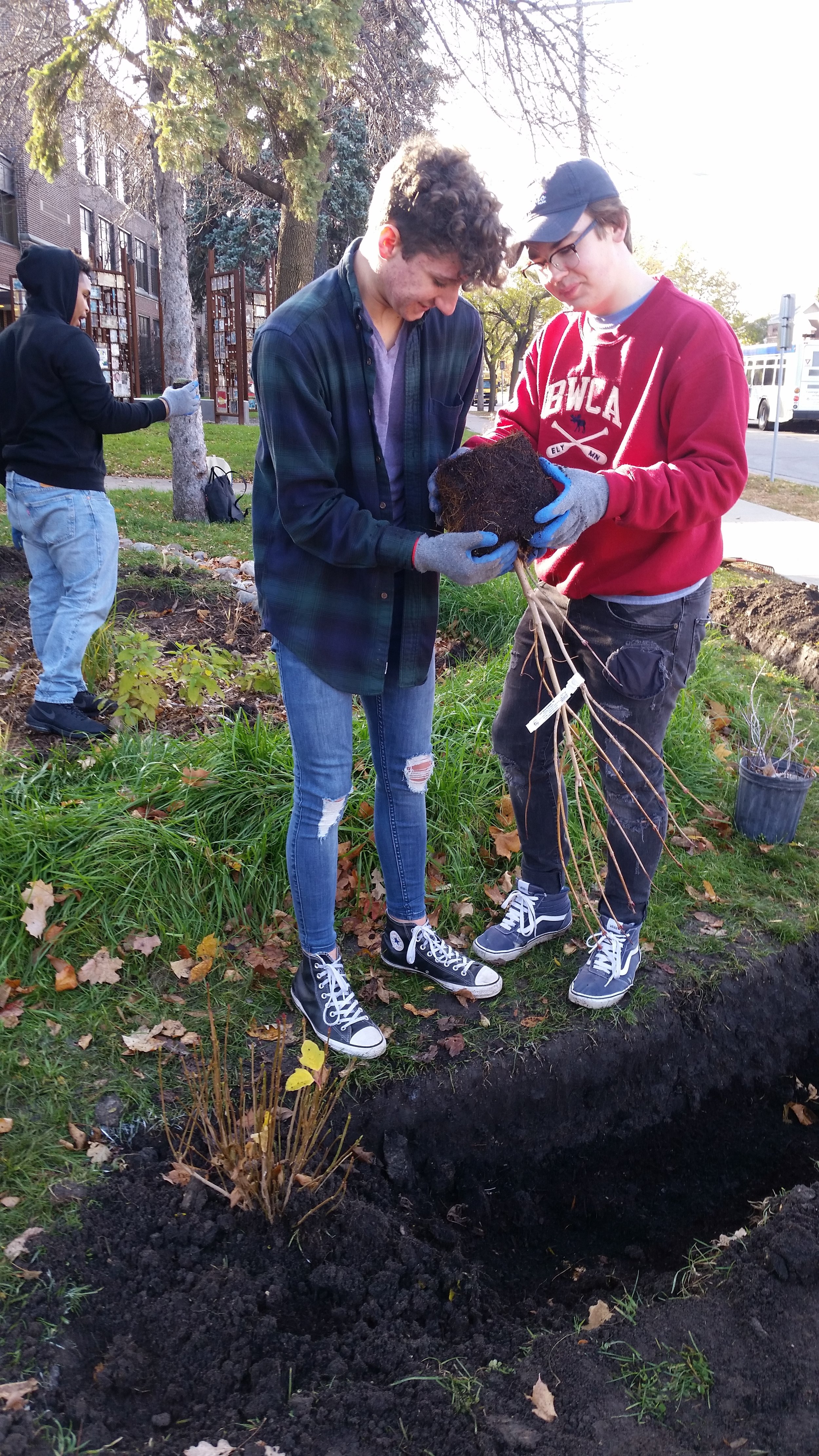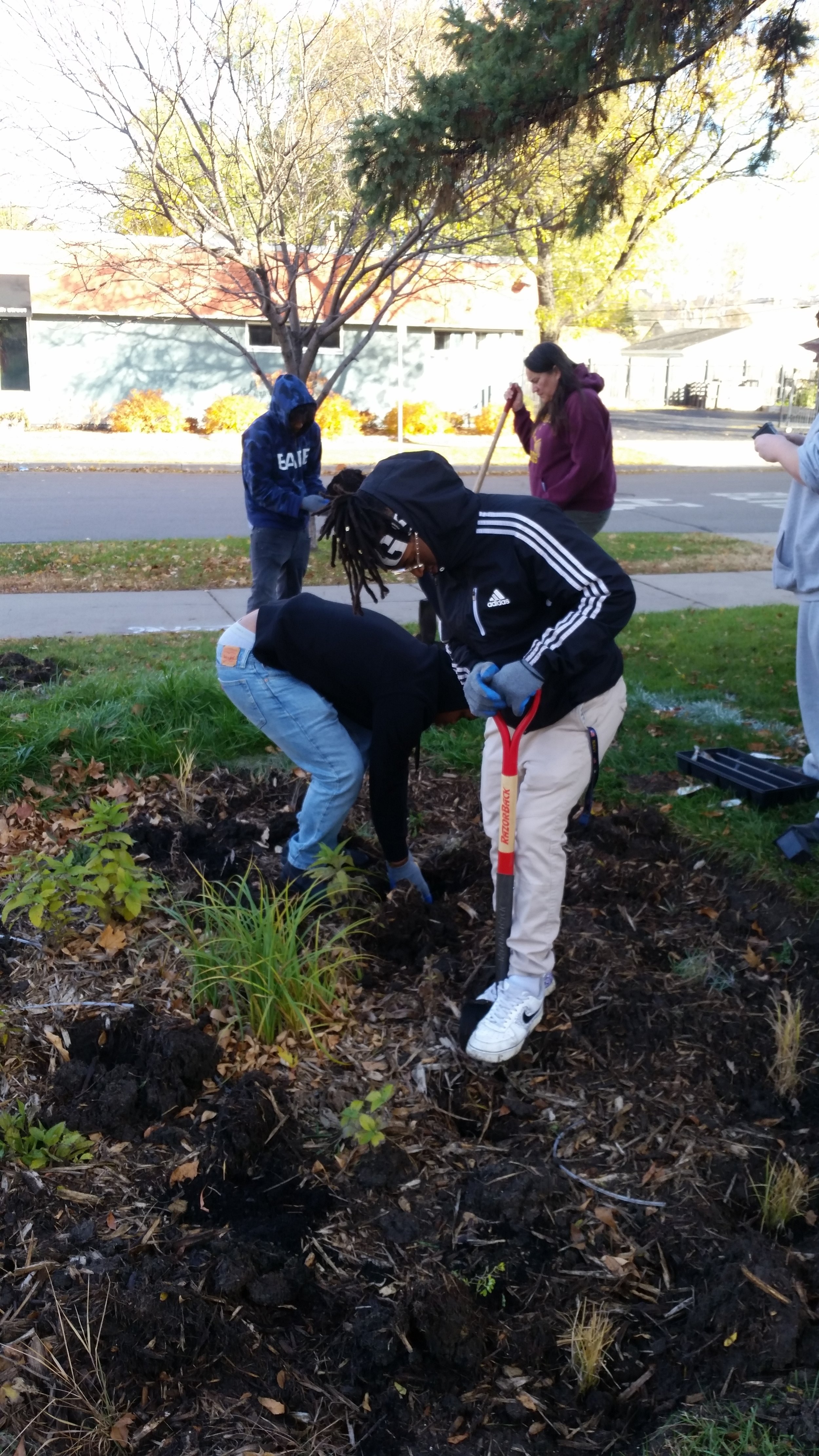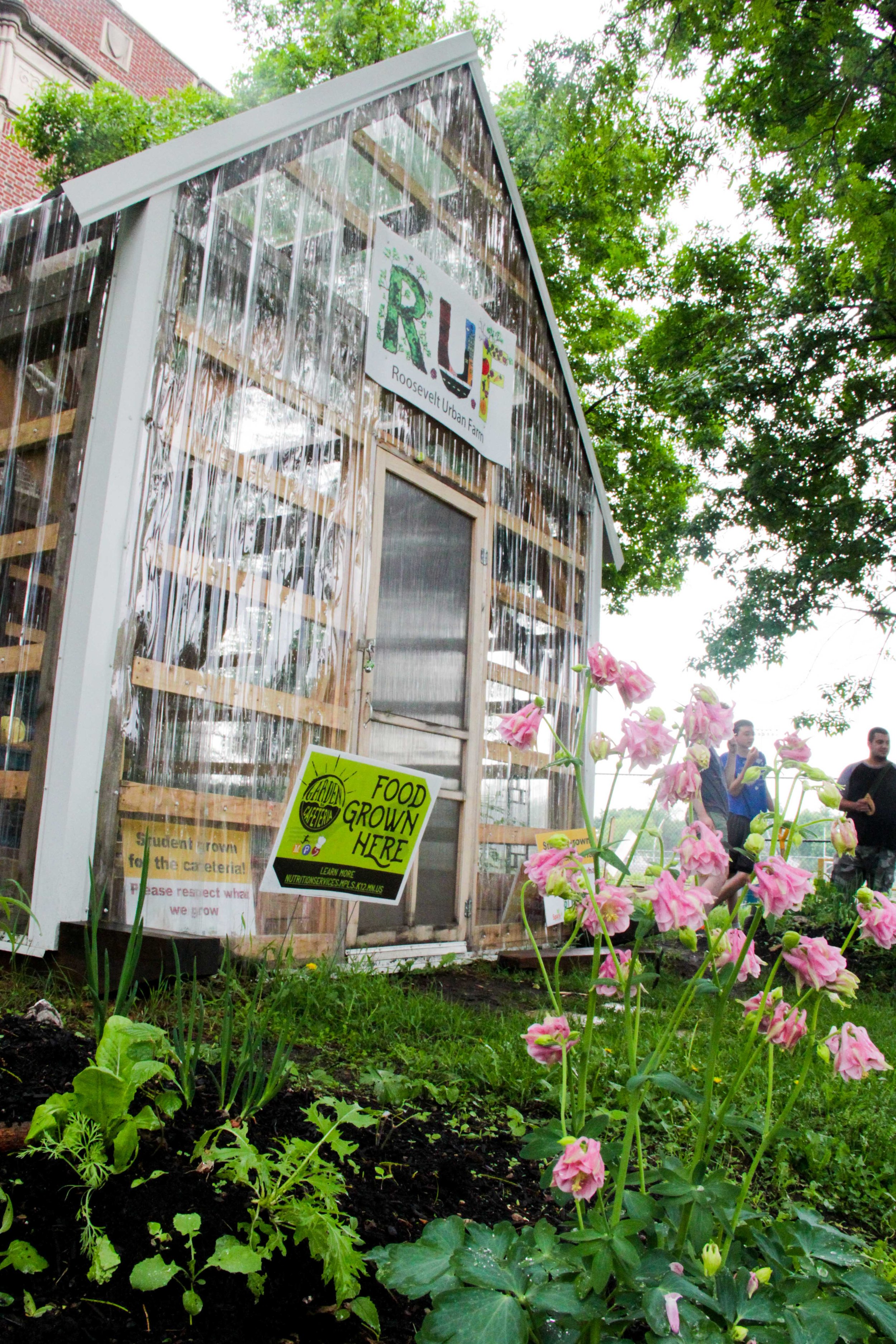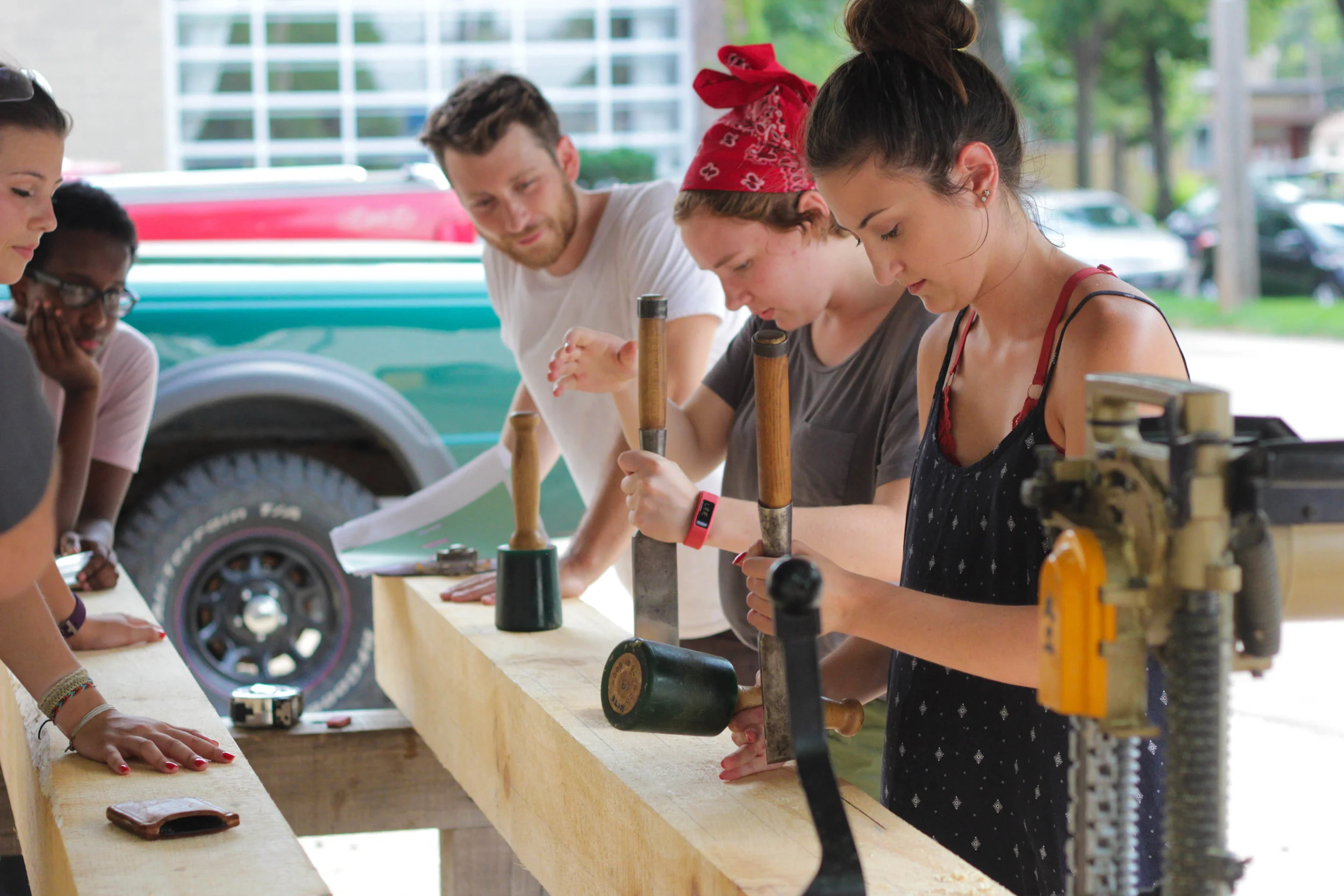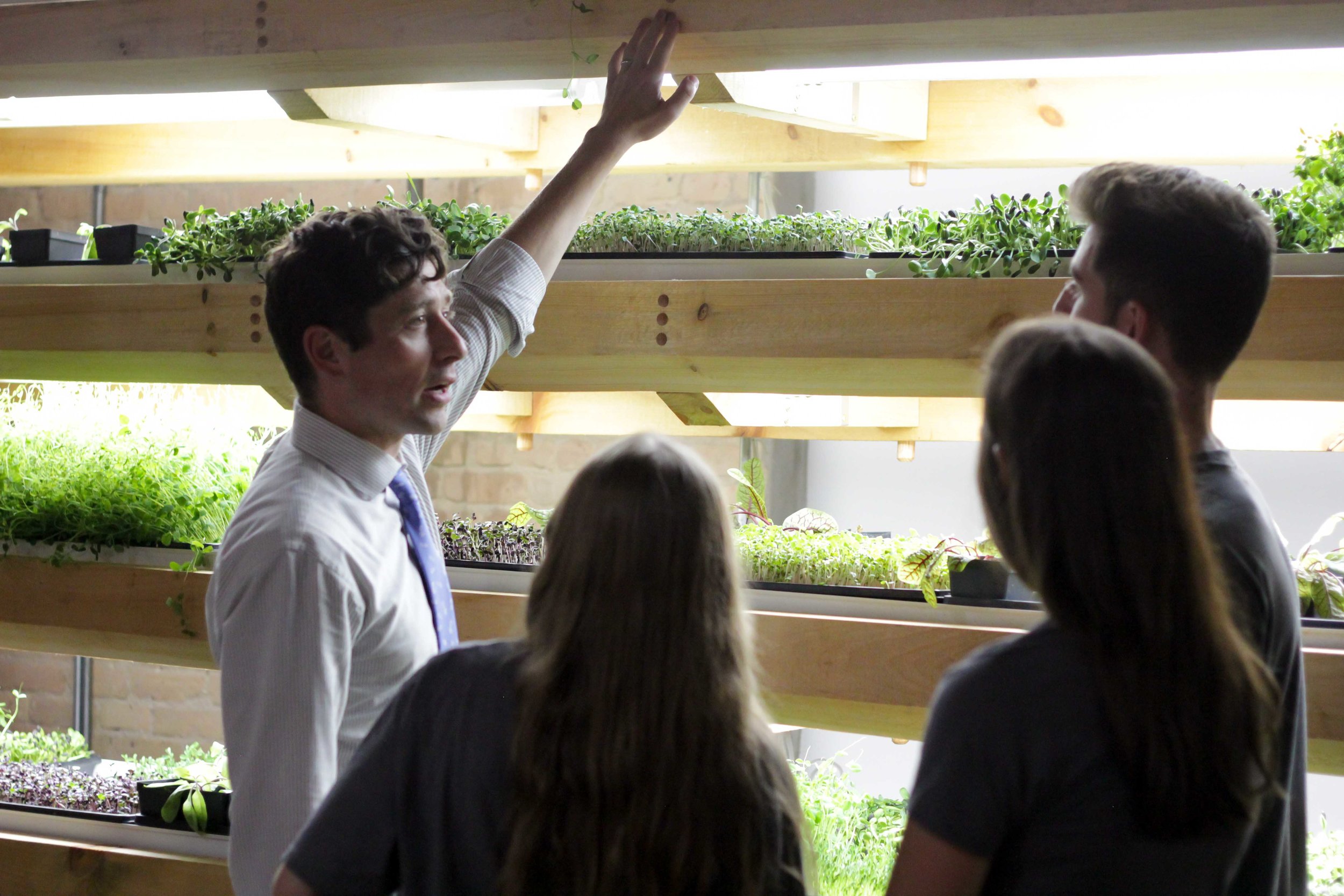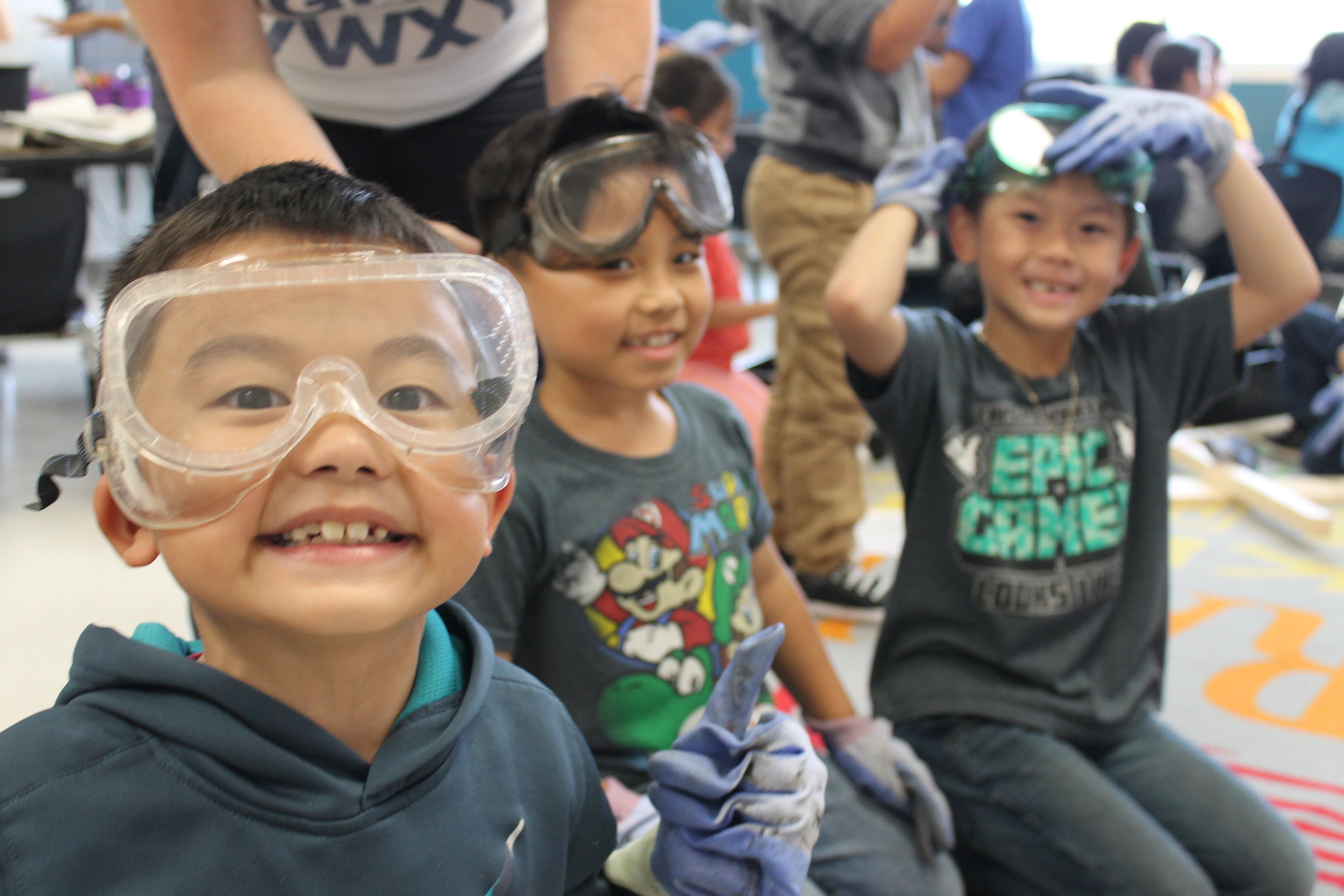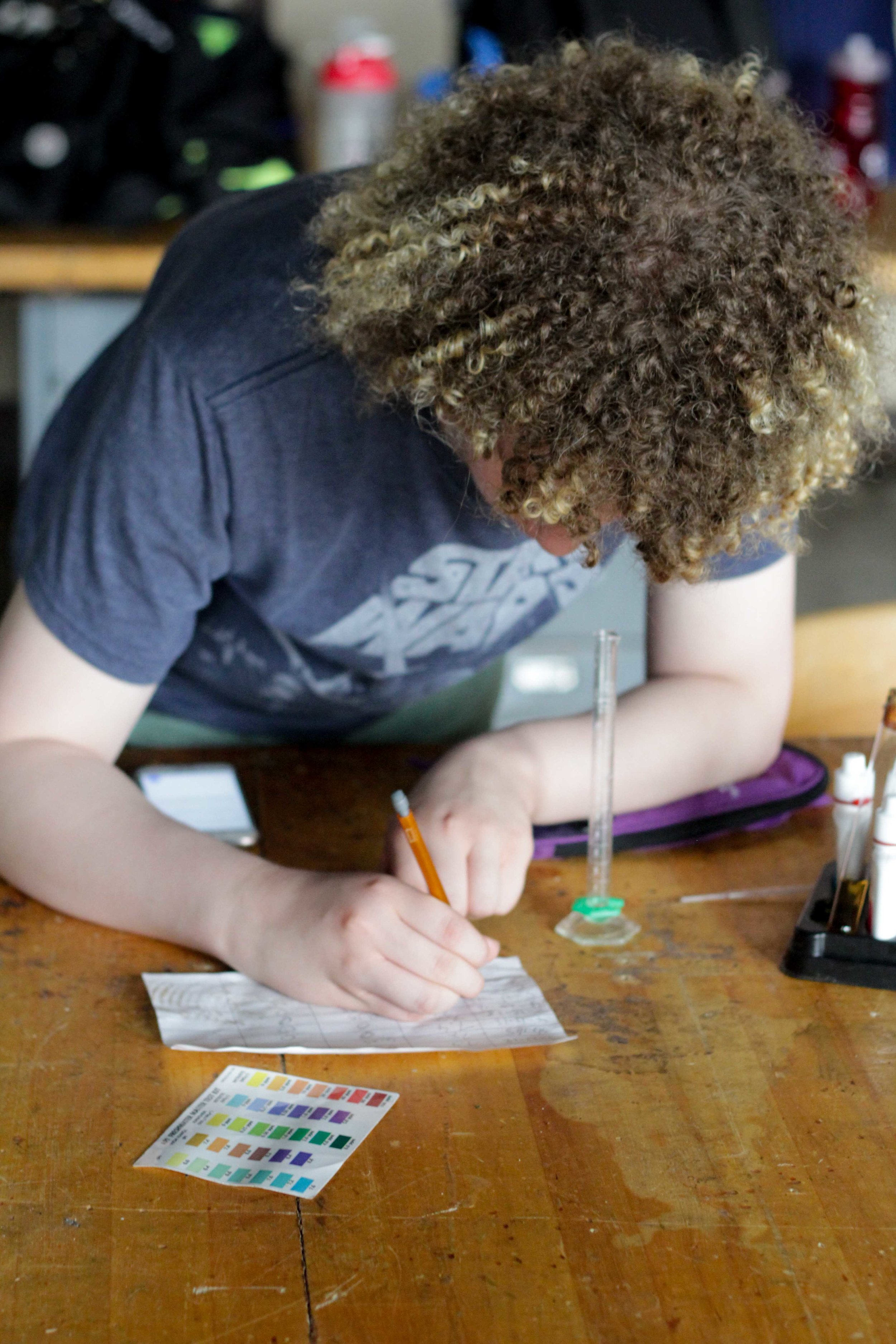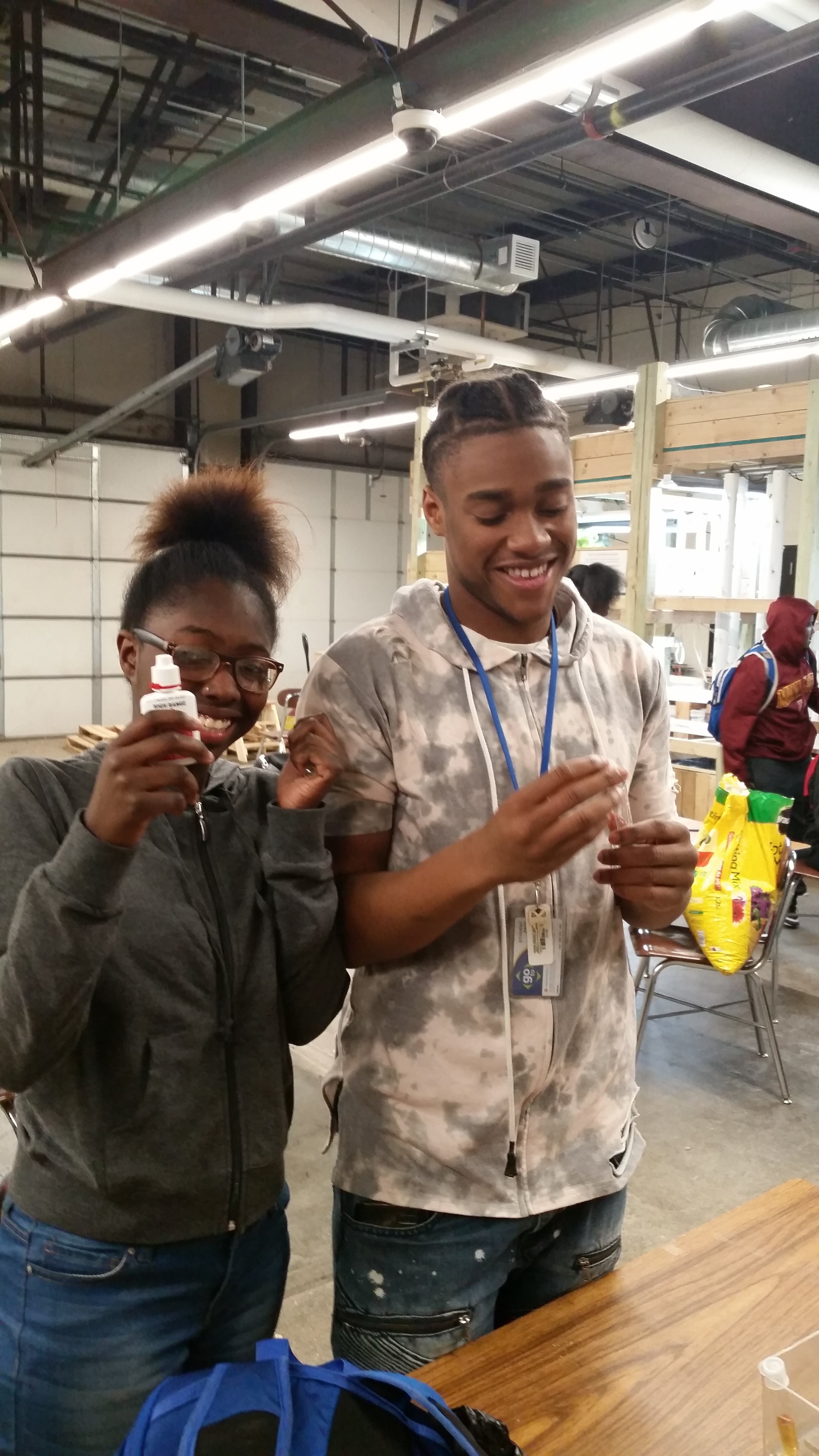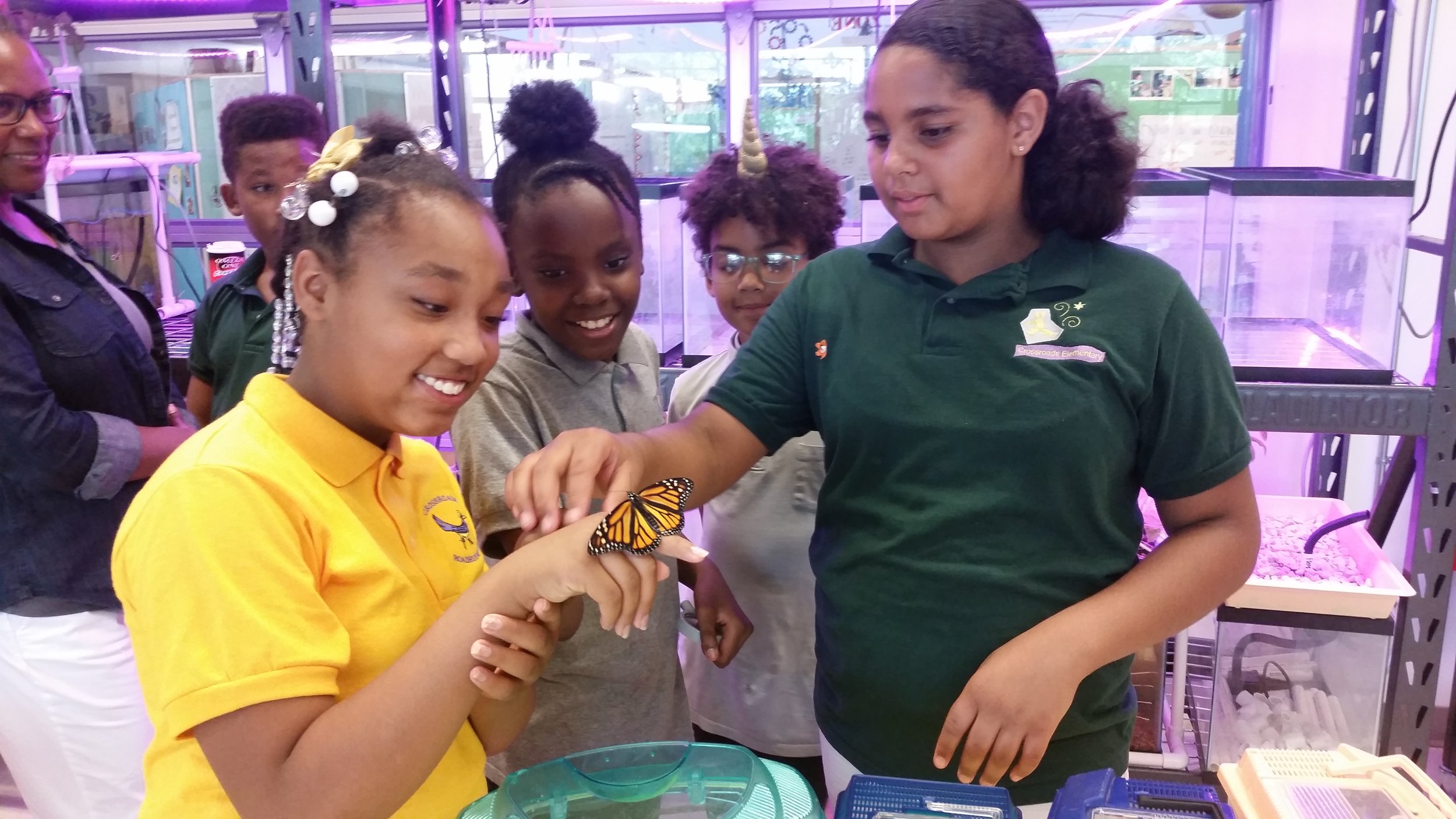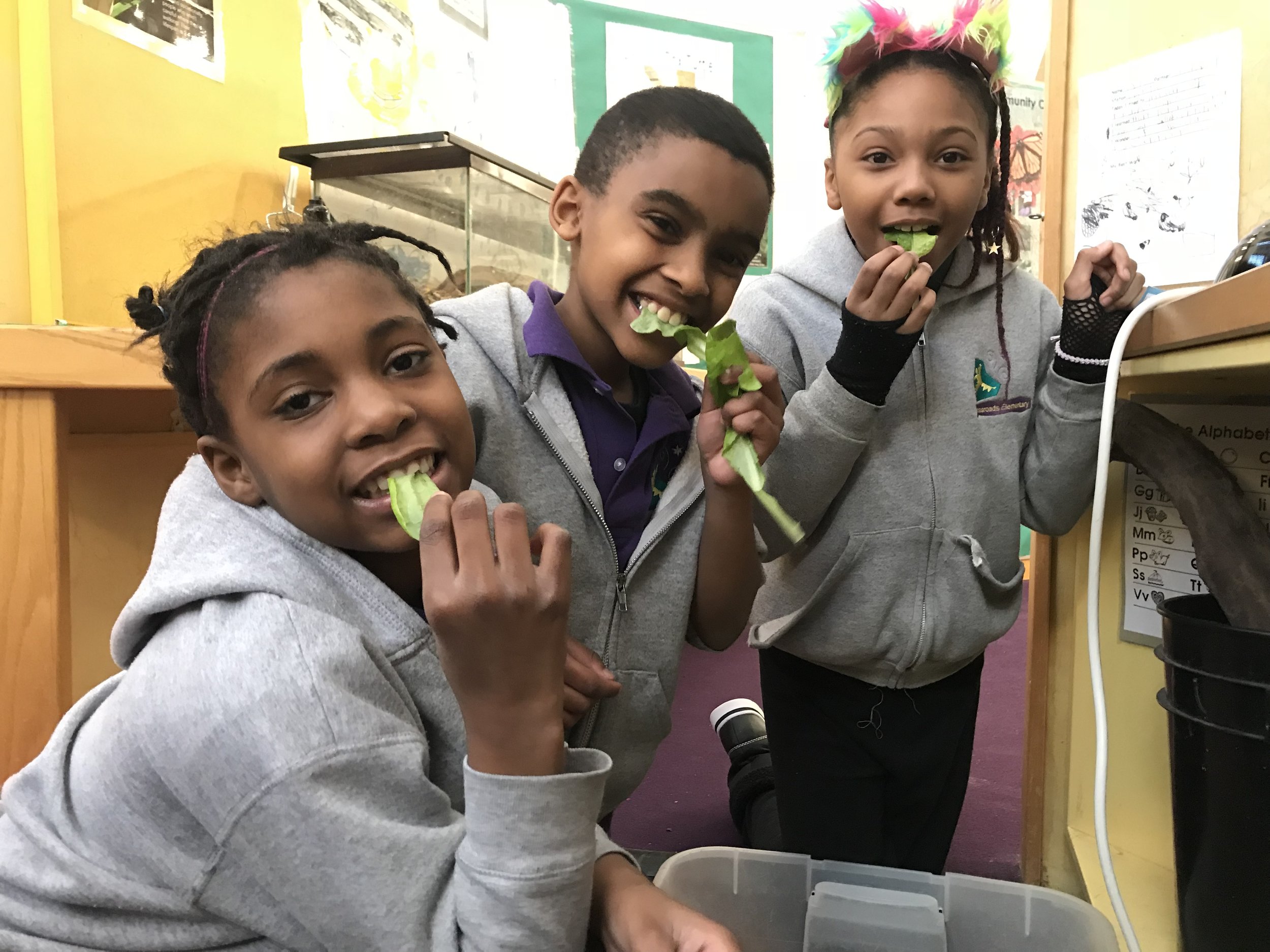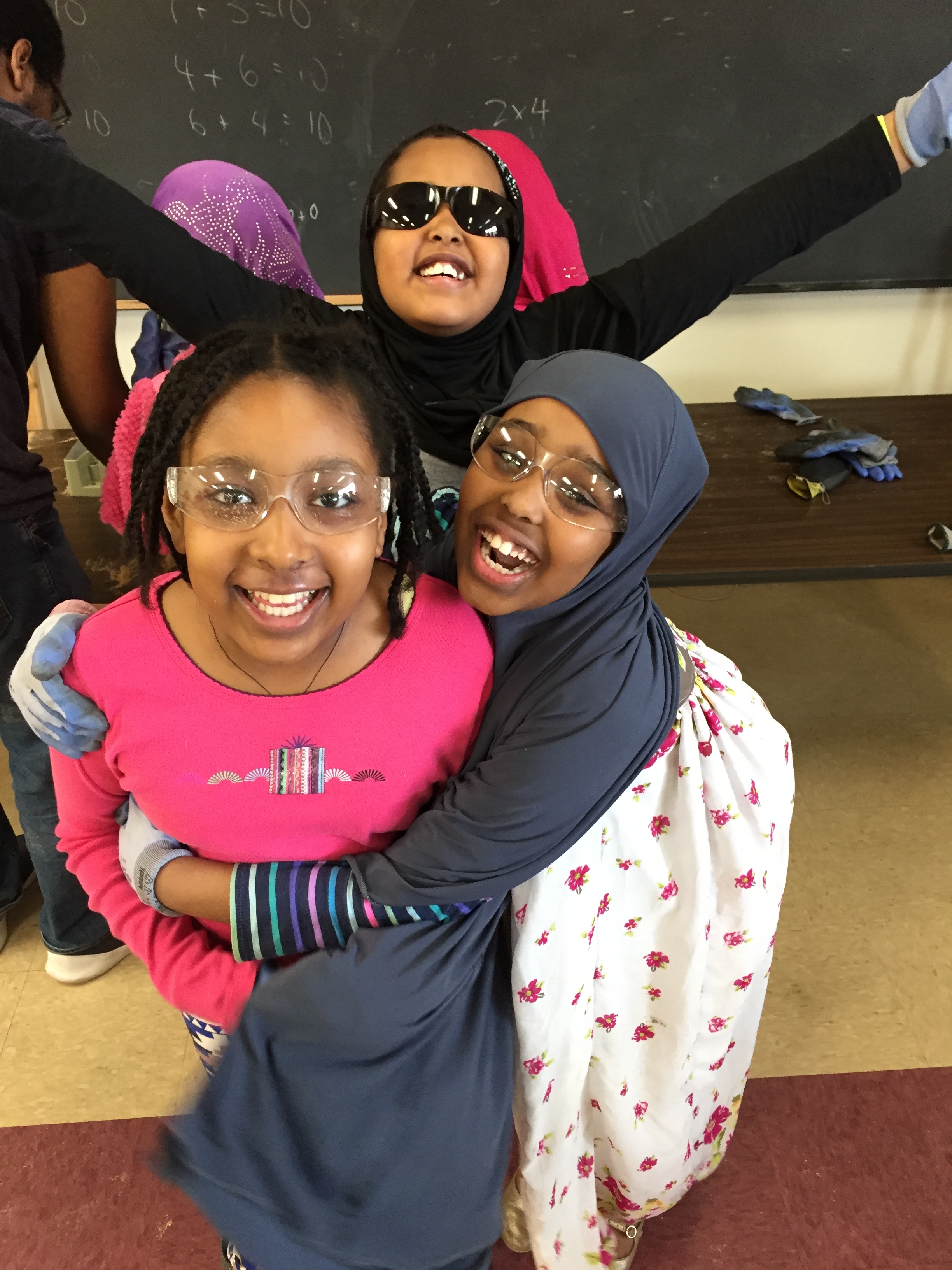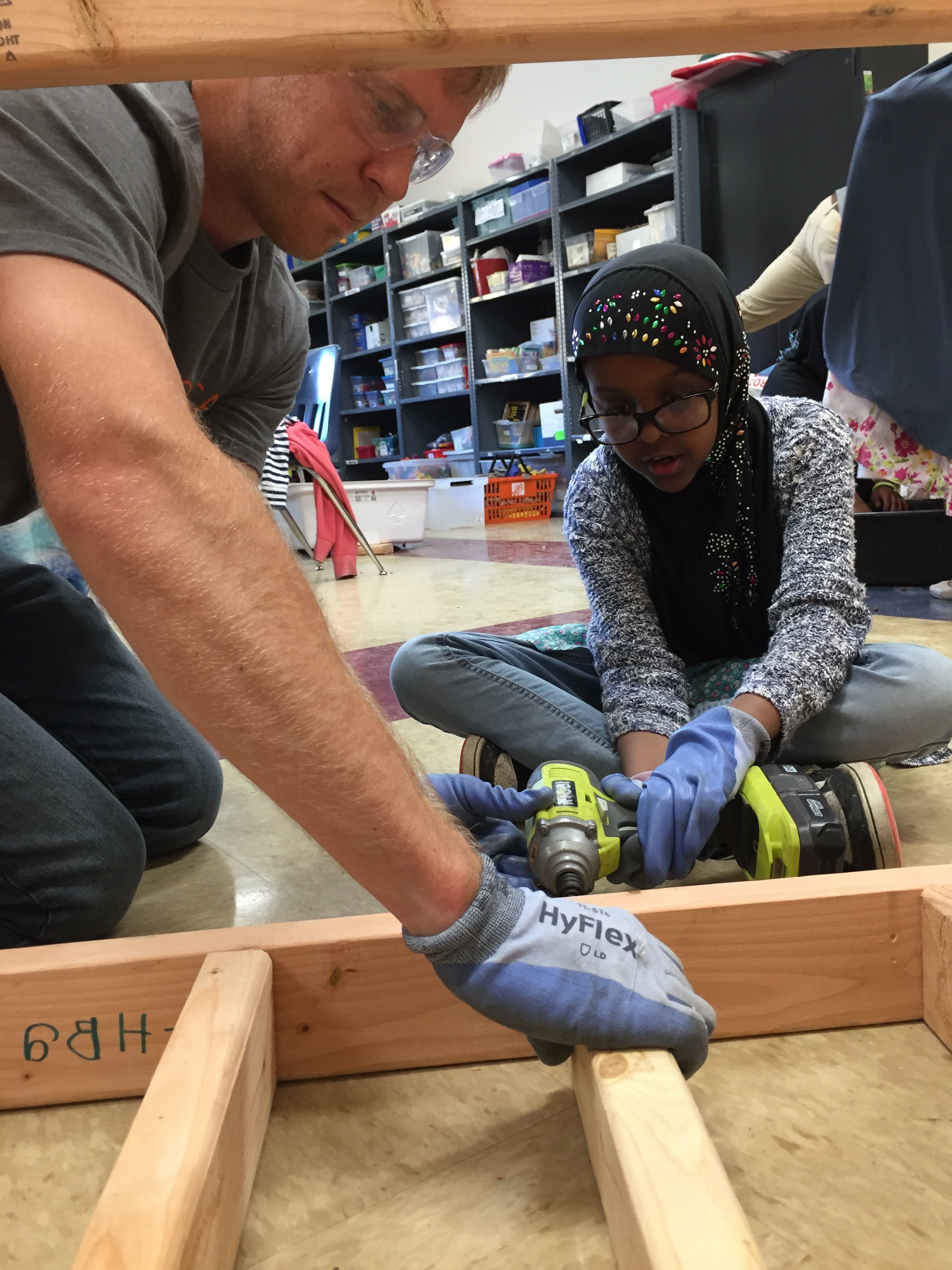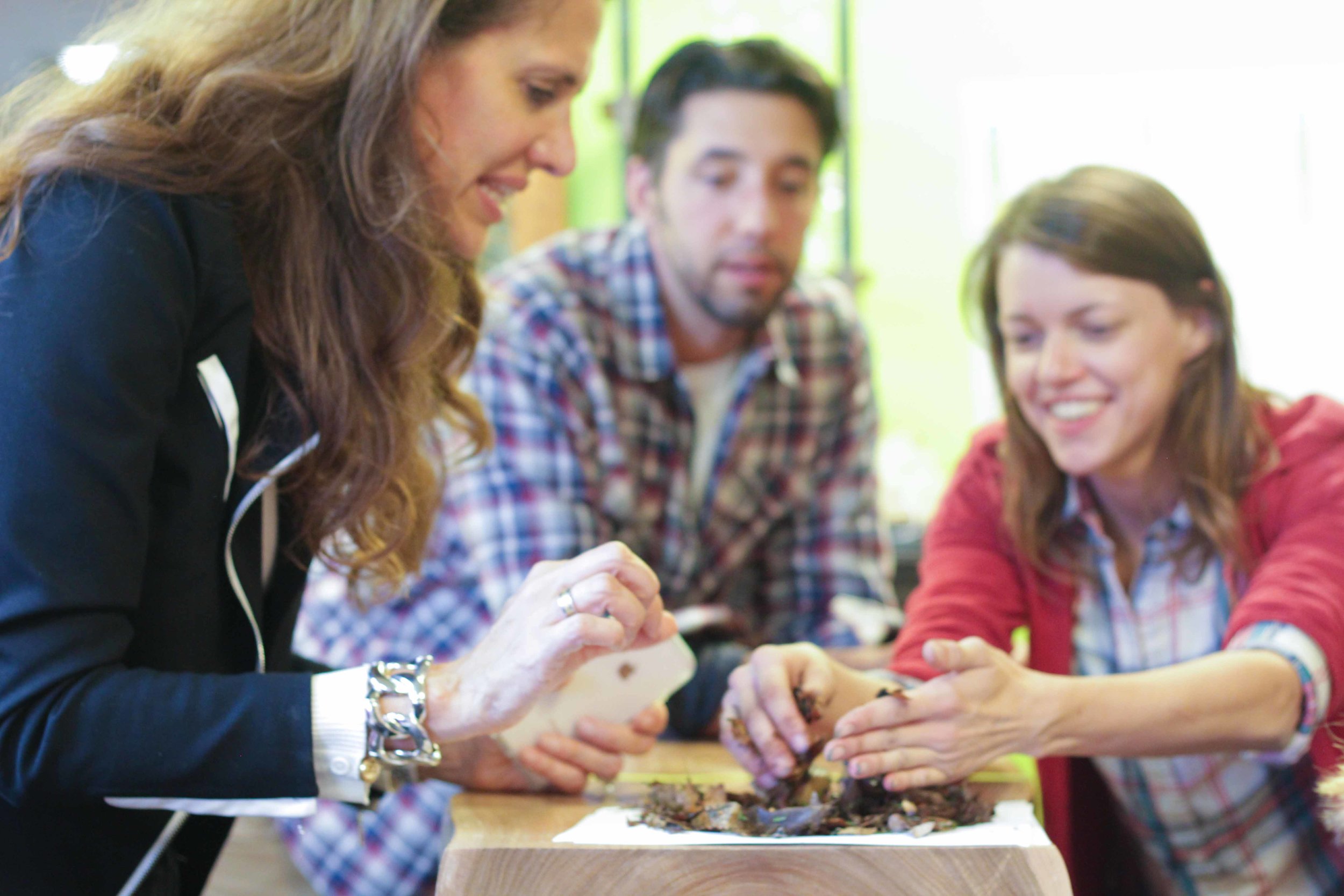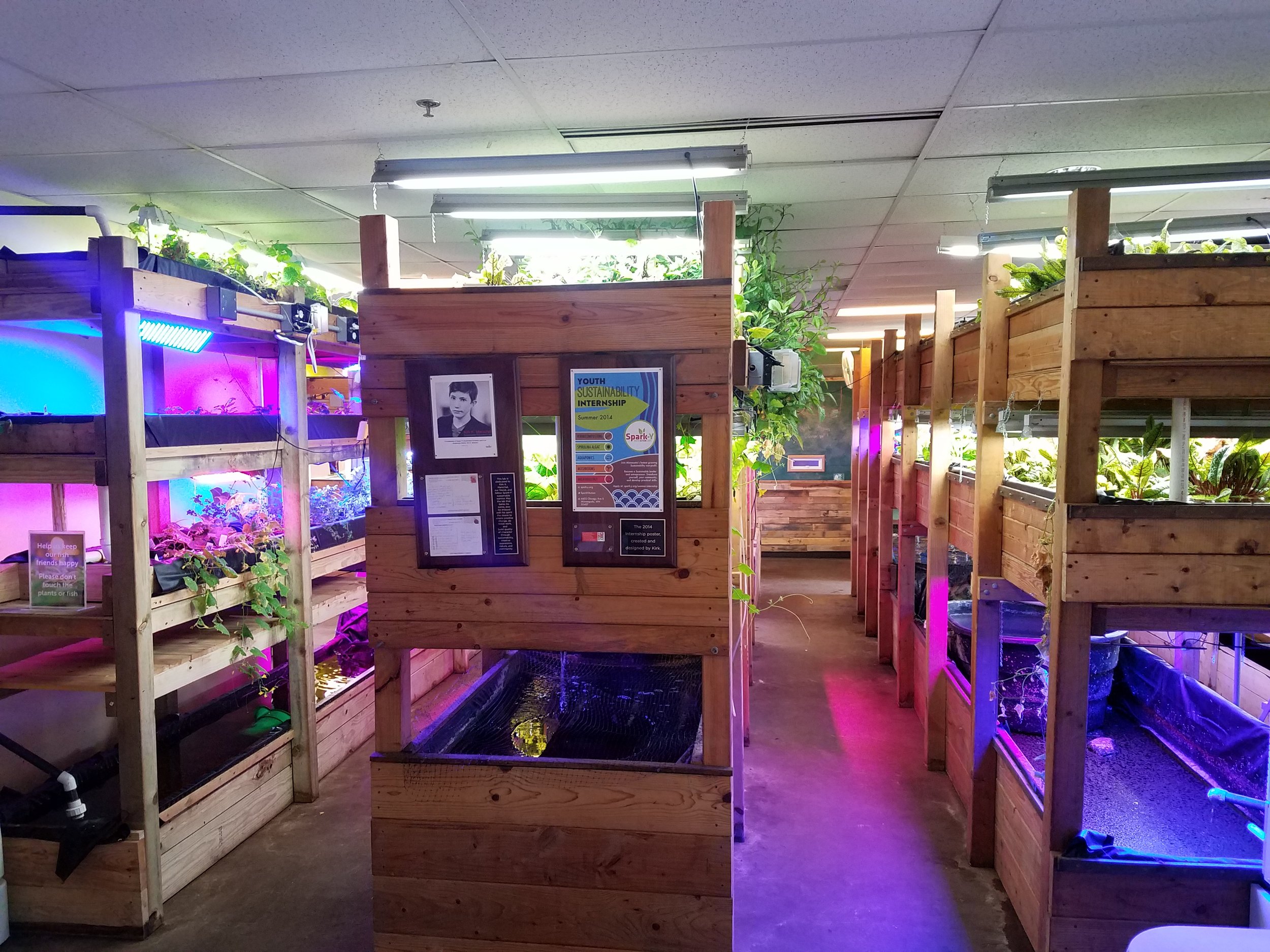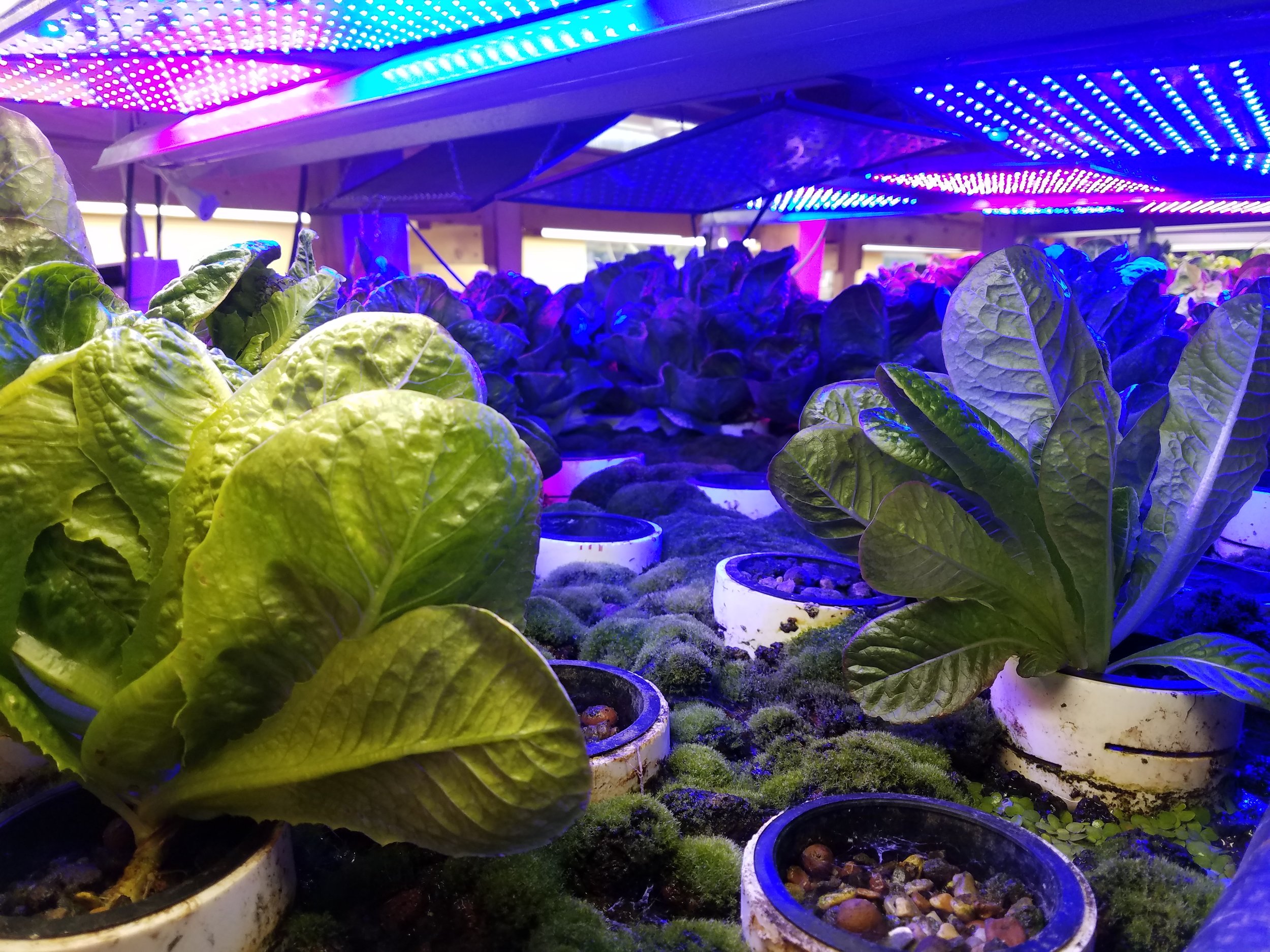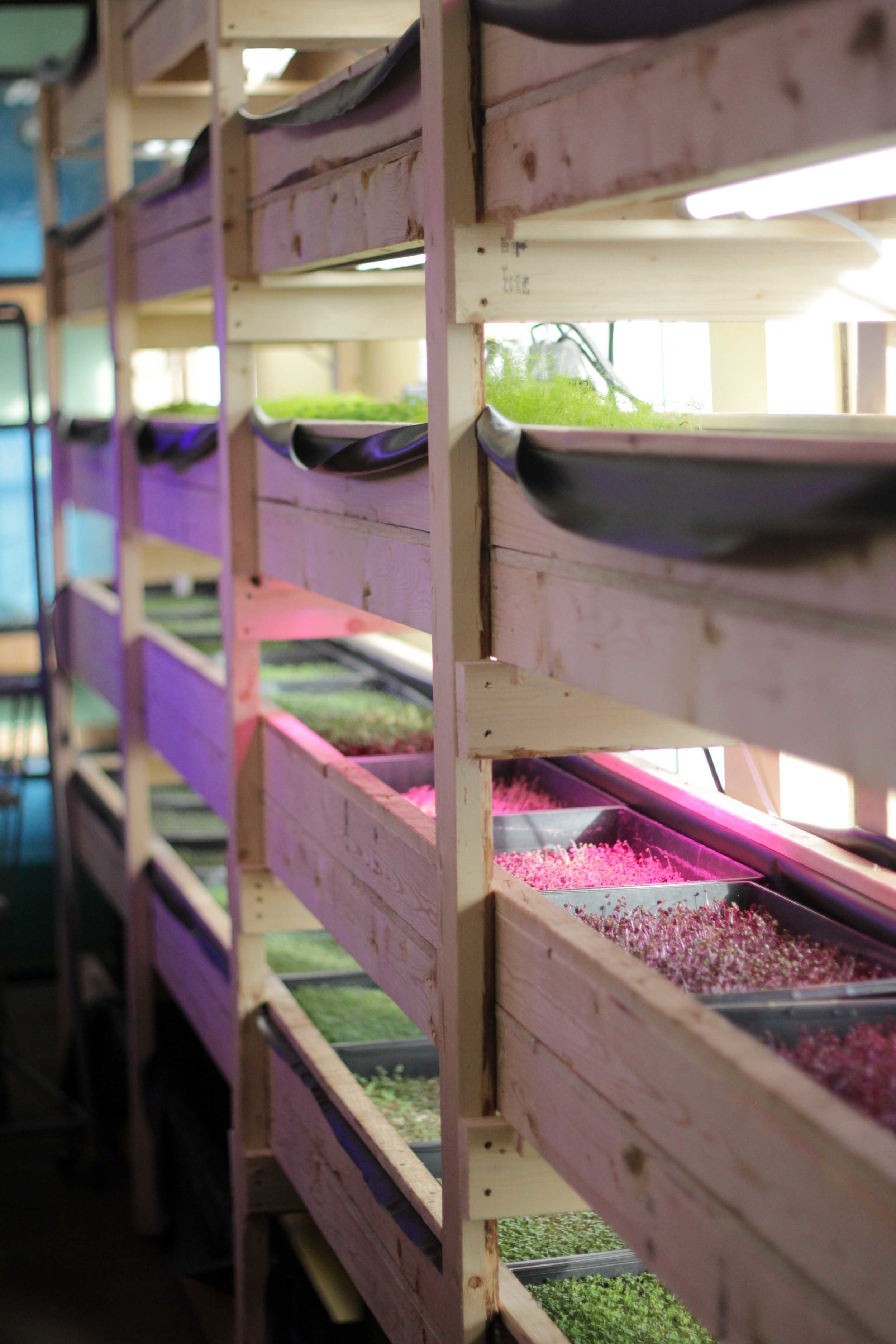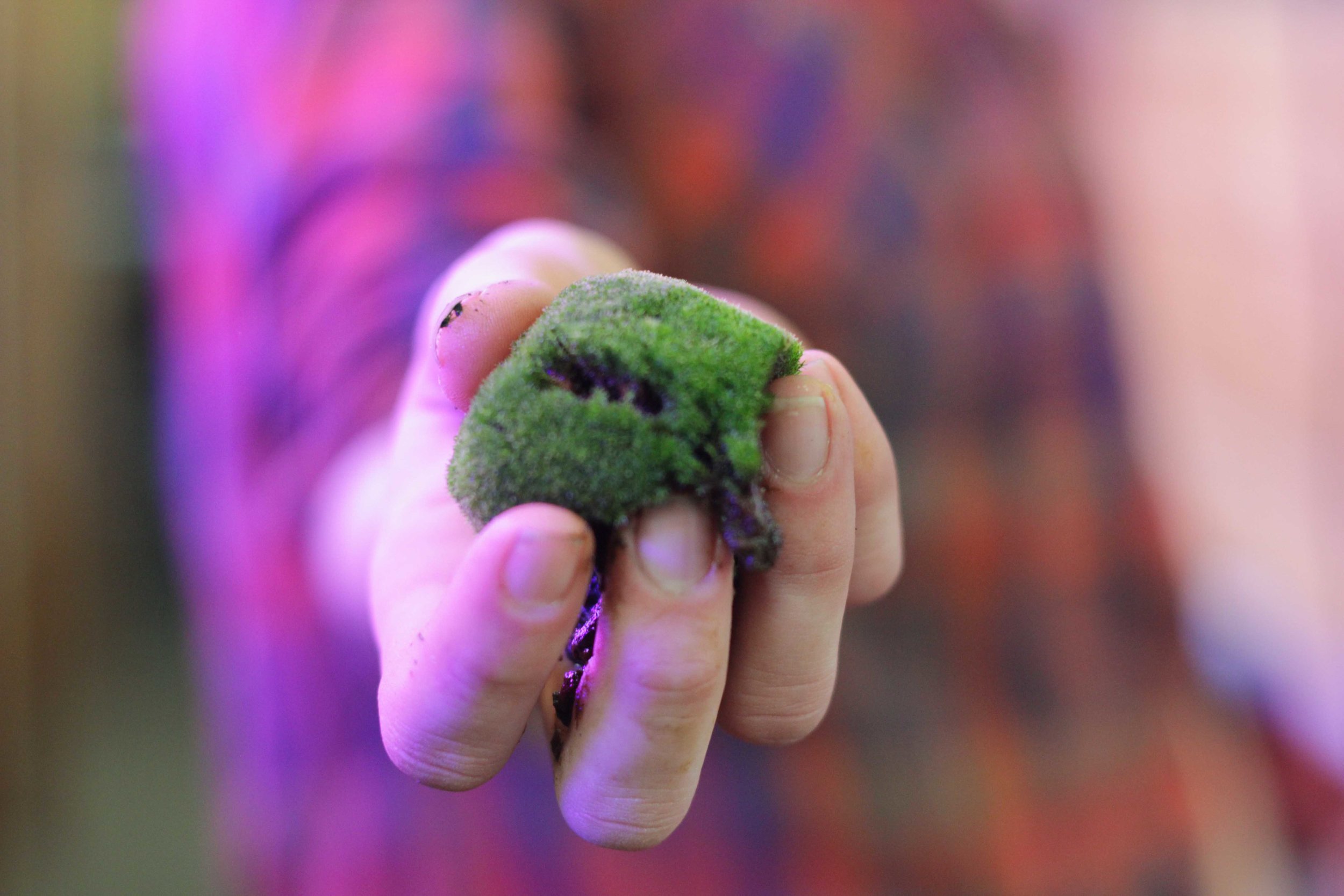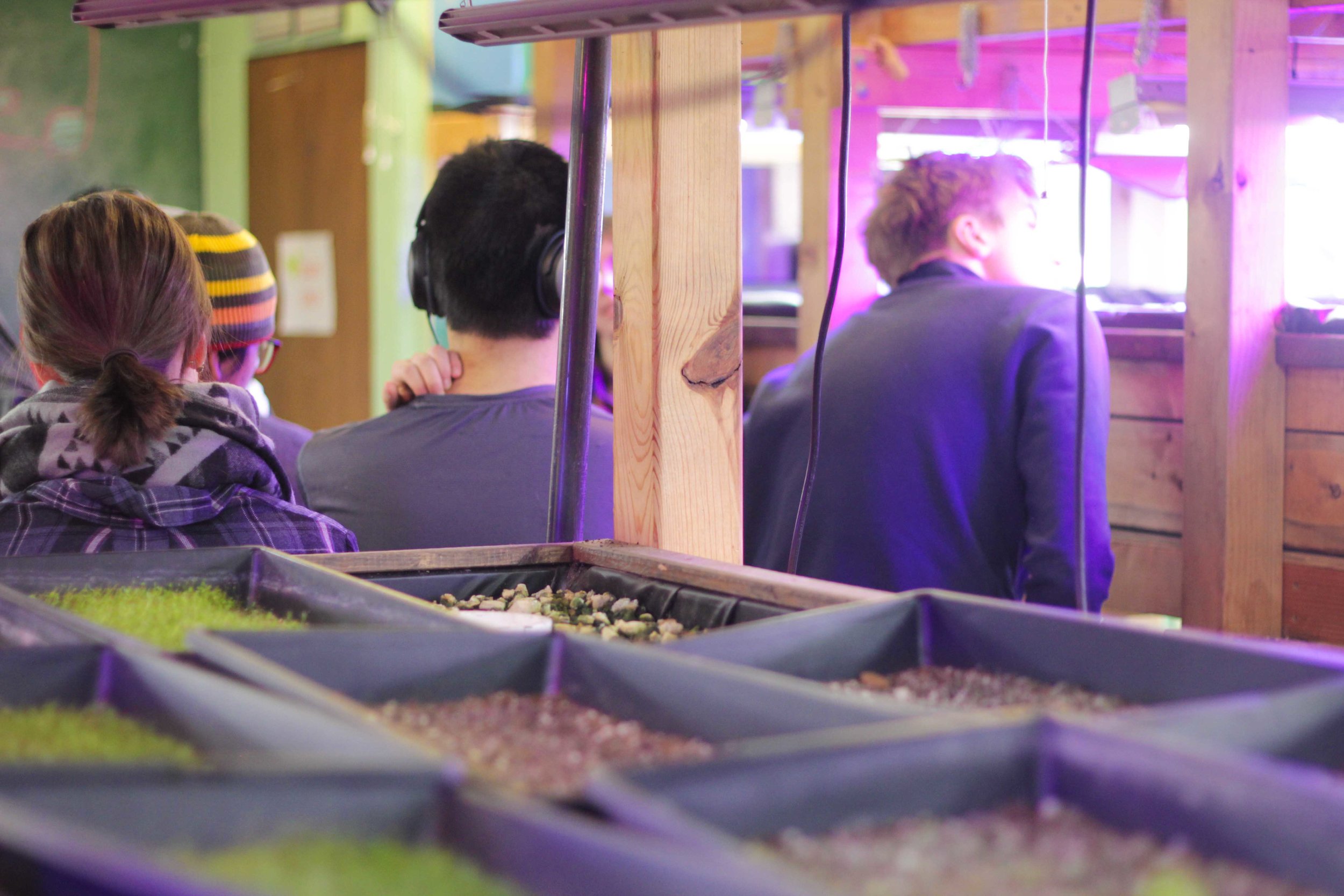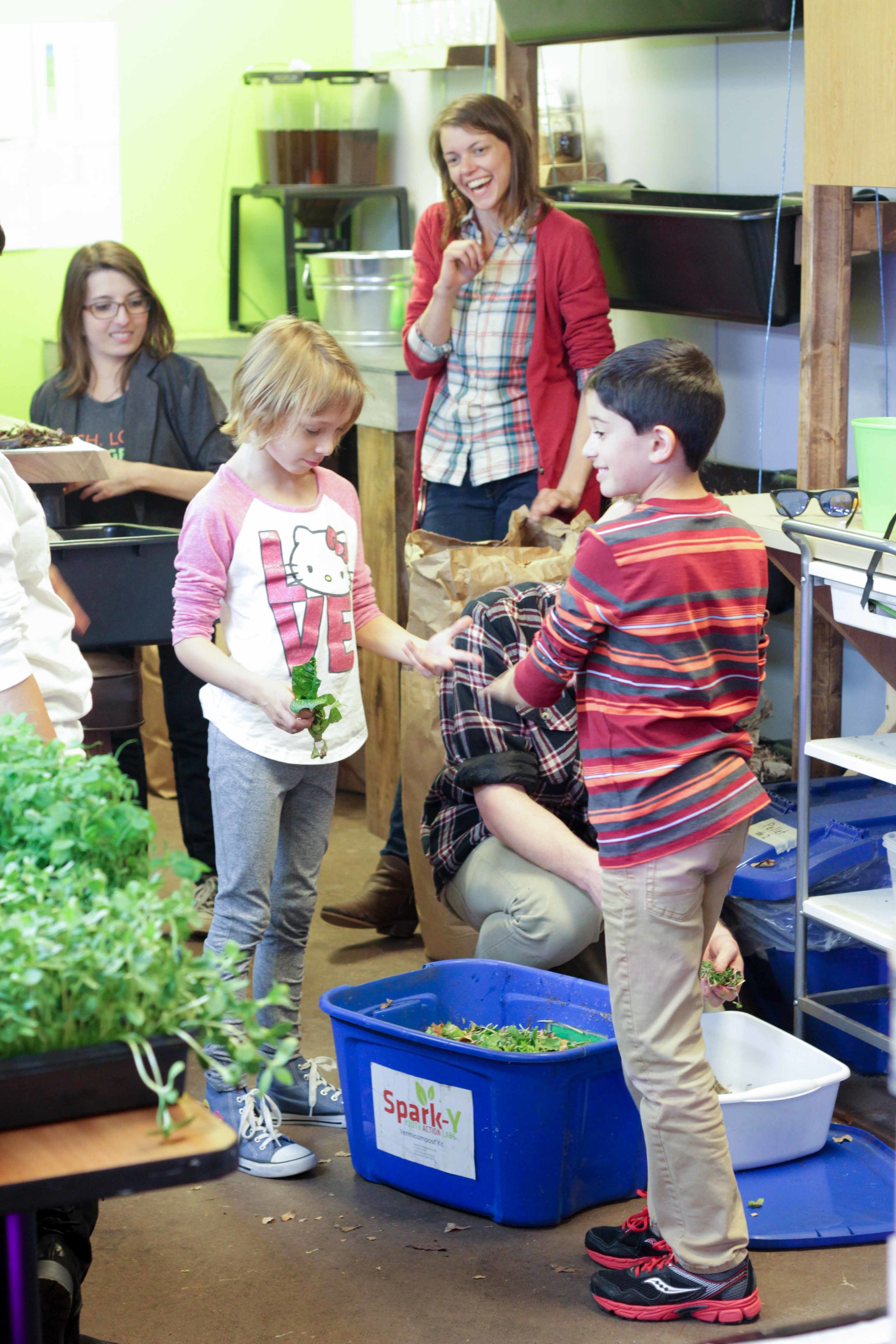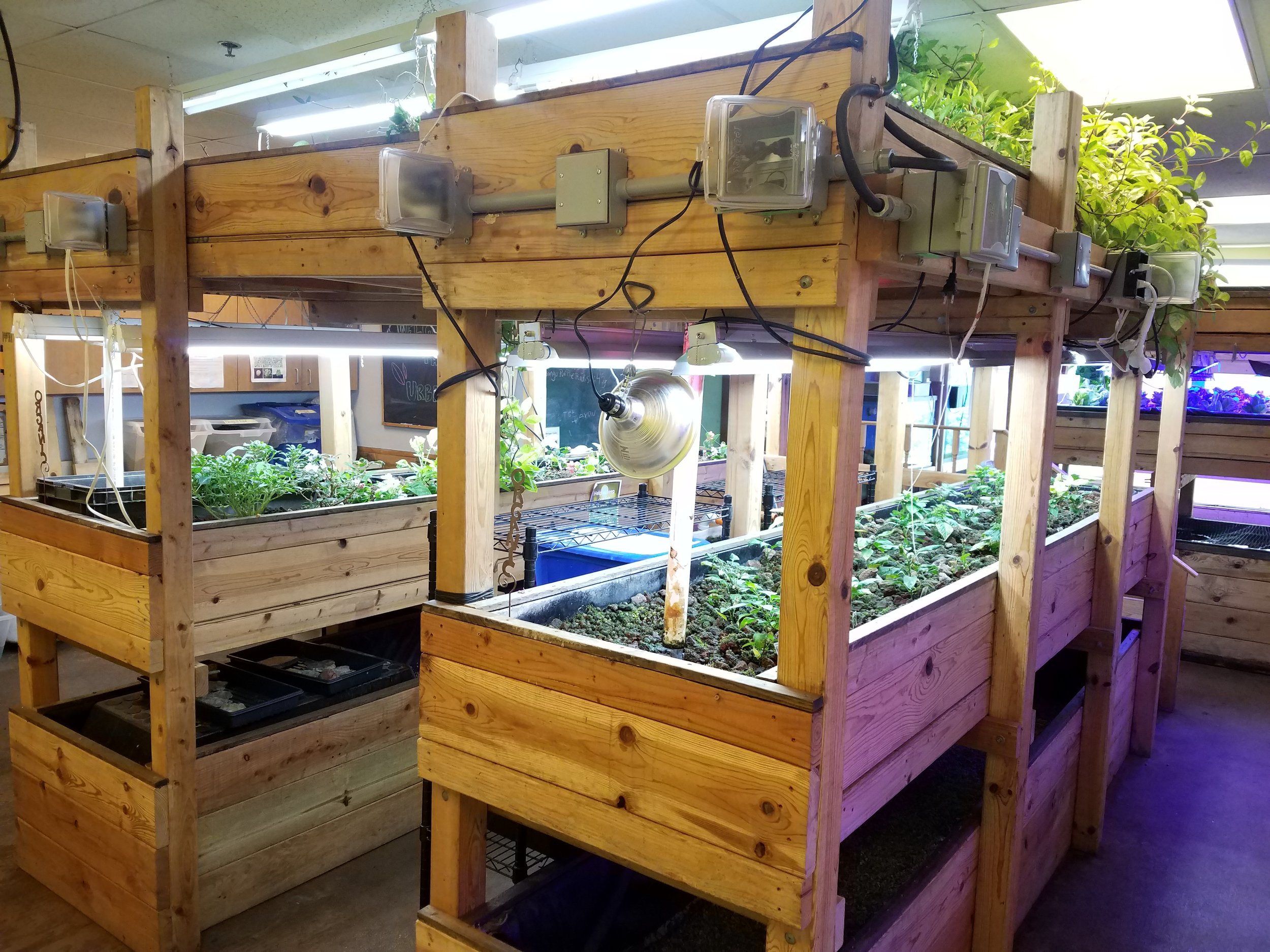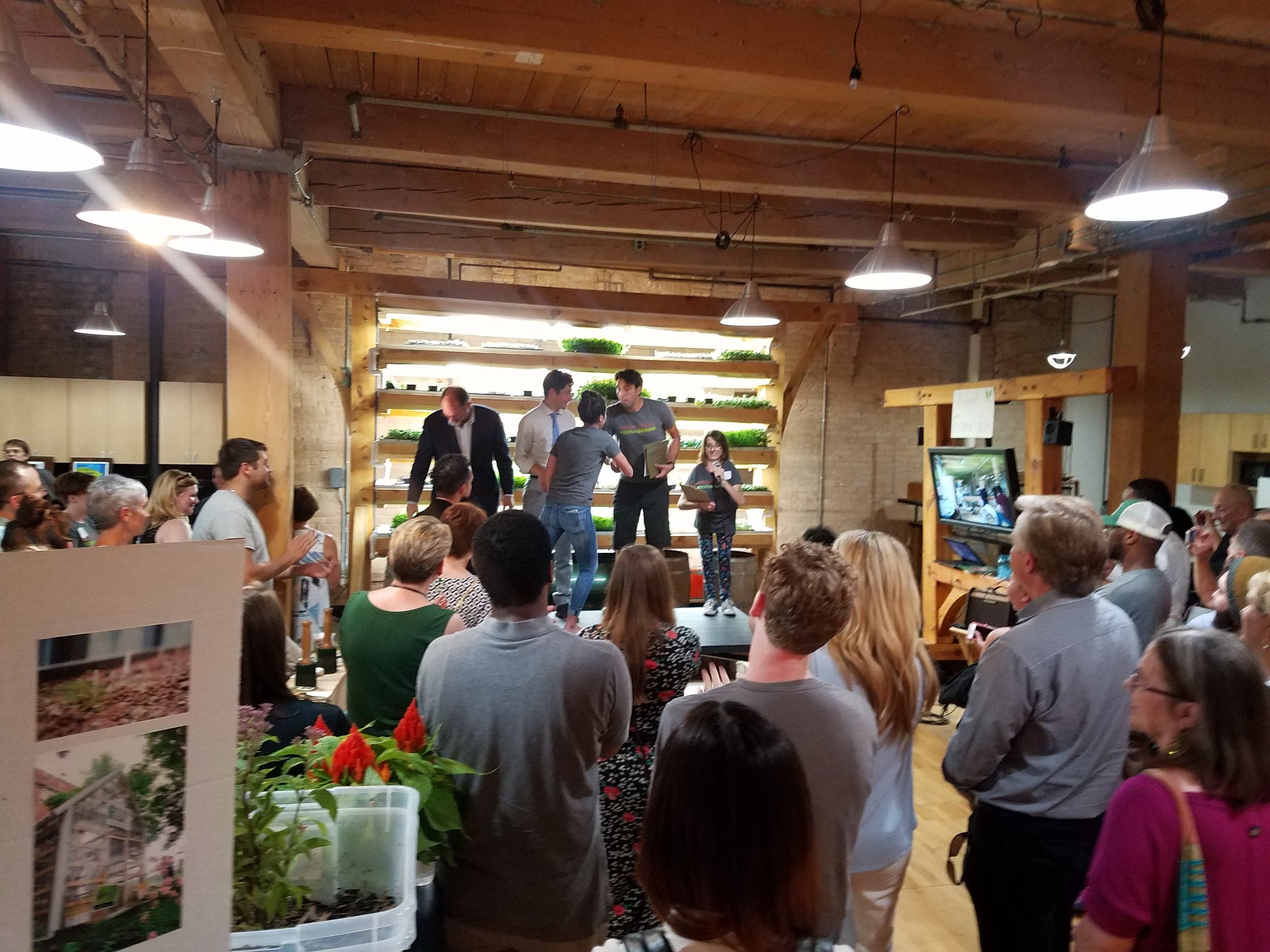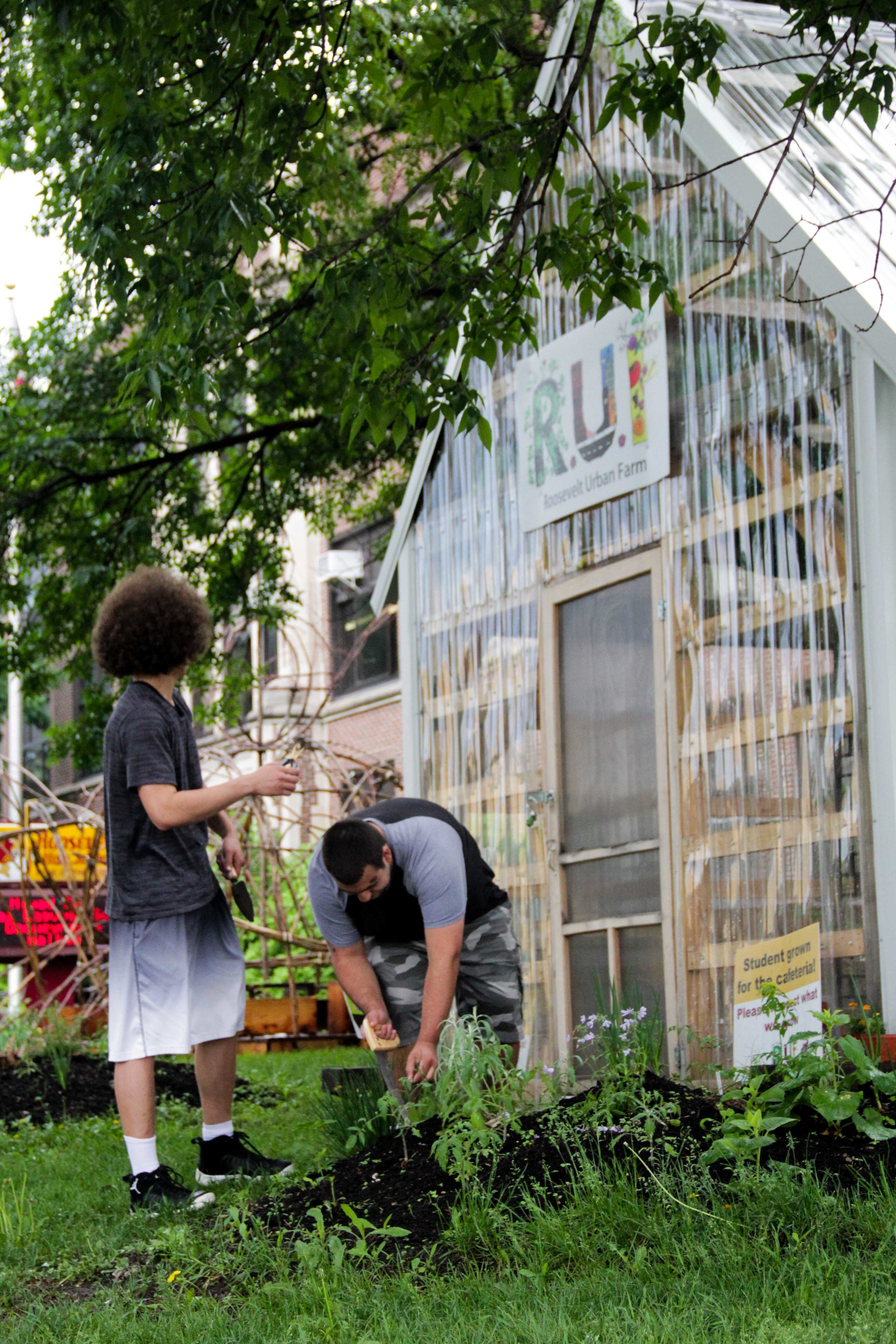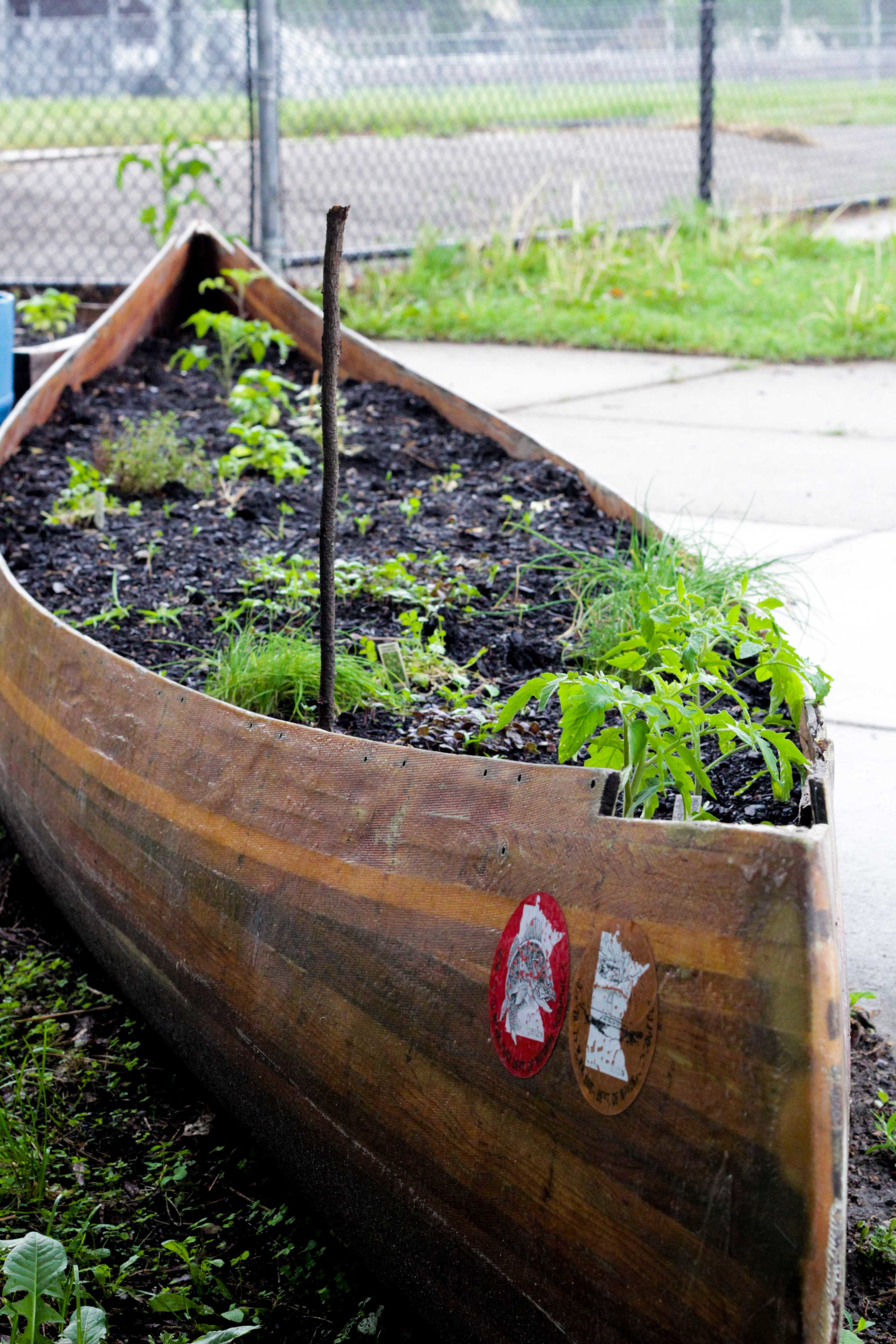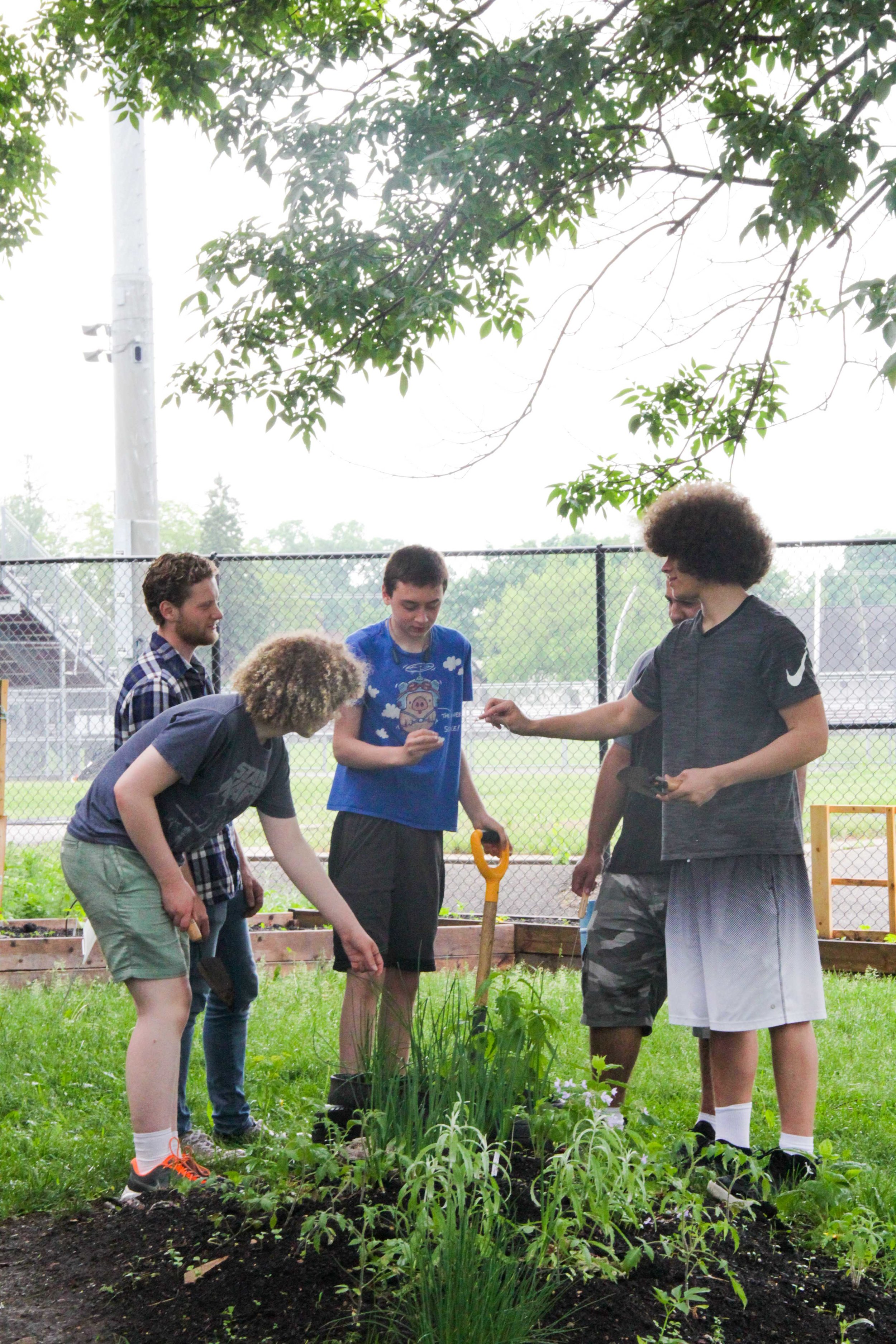The following blog post was written by Caitlin Barnhart, Urban Farm Manager and Education Facilitator; with Carley Rice, Lead Education Facilitator, on the launch of Spark-Y’s On-The-Job Training Program.
What does empowerment mean?
To Spark-Y’s On-The-Job Training students, it means breaking down social and economic barriers.
Through a partnership with Summit Academy OIC, and the Skills and Opportunities for Achievement & Responsibility (SOAR) Workforce, Spark-Y was able to offer a brand new program this past semester: A 6-week immersive job training course in which students learn professional development skills and have the opportunity to become a ServSafe Certified Food Manager - an industry-recognized certification that allows them to compete in the workforce at a level above their peers.
This program is vastly different from our traditional programming. It's the first time that completing our course comes with a professional, industry-recognized accreditation. It’s also the first time we’ve limited participation to those who are 18-24 years of age and who have a history with the legal system.
A major goal of this program is to overcome barriers that have held back historically disadvantaged populations and to help close the opportunity gap. We are doing this by:
Sending job opportunities to students, teaching youth how to find jobs they are passionate about.
Working with students to develop interviewing skills.
Helping students create resumes and apply for jobs.
Creating a support system that they can rely on.
One story I would like to highlight is that of King Heirs. King is a student at the Minnesota Internship Center (MNIC), a high school for youth that are seeking additional support to help them graduate. MNIC is one of our earlier school partners and the site of our first-ever, in-school program back in 2009. King learned of our On-The-Job Training program through the MNIC and immediately applied. He was the only student of 8 enrolled who showed up for every single class, constantly going above-and-beyond to achieve the goals that he set for himself. Homework was not a part of this training program, but that didn’t stop King from regularly asking us to send him links to practice exams or if he could take home next week’s assignments to finish over the weekend. When it came down to it, King was the only student who took responsibility for getting himself downtown to the exam center at 8am on a Thursday morning. He sat through a mandatory 8 hour training session, and then passed his ServSafe exam with flying colors! During one of the course days we were discussing passion and how it relates to career choice. King expressed his desire to become a millionaire one day and then he said something that will always stick with me: “Someday, when I’m a millionaire, I’m going to donate a bunch of money to Spark-Y.” Sometimes having an impact on one student’s life is truly a success story.
This program has a huge potential for students like King who are willing to stick it out through to the end, though it certainly wasn’t all daisies all the time. Carley and I quickly learned that a couple of white girls from the burbs weren’t going to make much of an impression on these students. So what did we do? We brought in speakers that had more similarly aligned backgrounds, and could really connect with the students about their experiences. Shout out to Quinten Osgood, Community Outreach Coordinator for Twin Cities RISE!, and to Bob Blake, owner of Solar Bear and organizer for MN Interfaith Power and Light. These two speakers provided relatable stories and encouragement to the students, while adding to the network of professionals and mentors available to them.
This first On-The-Job Training program was most certainly a learning experience that we now have the knowledge to improve. In the future, we plan to integrate this program more closely with our others by: encouraging participation from current or previous Spark-Y students; offering positions in our Summer Internship following the training course; and working with Summit Academy to enroll students into college courses post training program. Whatever the future holds for these students, Spark-Y has their back. And as an organization, we will continue to provide pathways that breakdown socio-economic barriers and create positive change for our youth.
